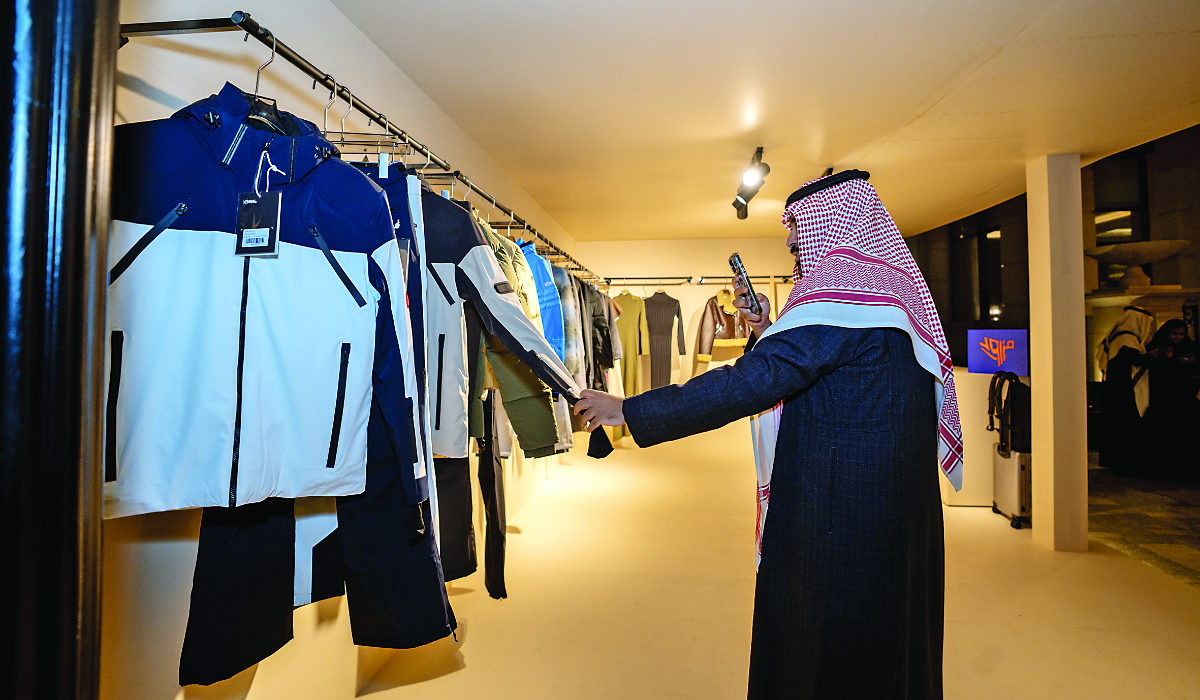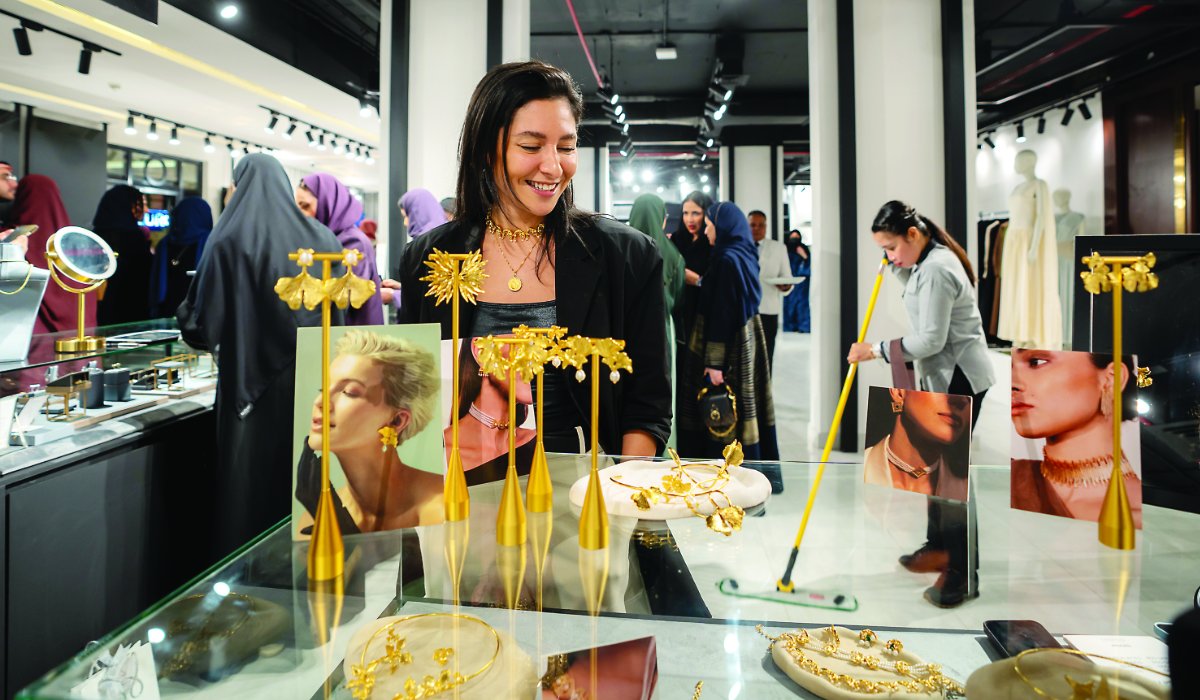JEDDAH: Regardless of the different ways of teaching and communicating information to the student, corporal punishment remains reprehensible to many people. Will we see the return of beatings in schools? Some argue they should while many say they were banned for a reason and must remain that way. Dr. Abdullah Al-Misnad, a weather expert and teacher in the geography department at Al-Qassim University, has submitted a number of remedial proposals to the Education Ministry, including the immediate return of disciplinary beating under certain conditions and for behavioral reasons only.
He stressed that such punishment must only be done by the headmaster and his deputy.
He said that the process of the beating needs to be legally, medically and psychologically authorized, and should be done under the supervision of the administration. In addition, the “disciplinary session” should be monitored and recorded on security cameras.
However, the position of the teaching profession is a firm “no,” as corporal punishment has a negative outcome medically, psychologically and legally.
“It’s not an effective way of deterring people from doing something, and it might even work against it, resulting in reverse psychology,” the deputy chairman of MADAC academy in Madinah, Dr. Taghreed Al-Saraj, told Arab News.
Al-Saraj, who is also the director of the board of University of Miami Alumni Association, explained that there are usually two outcomes if a student is beaten.
“If the child is beaten they tend to be more stubborn and they will do it again and defy the person beating them because they are upset about why they did that, and second there is a fear factor, nobody can perform well when they are in fear or facing anxiety.
“The instructors should be able to convince the students about everything they want to be followed like the rules in a class. However, if the instructor forces it upon the students they will resent it.”
Al-Saraj said that beating is not the means that educators should be using to make the students behave well in school.
Potential side effects are that teachers lose respect and the students hate school. “The students are human beings first and they deserve respect, from their parents and their teachers. As teachers it is our duty to tell the students what is right and what is wrong and the reasons behind it. Making students understand issues and the difference between right and wrong is crucial because if they understand the issue they will follow along,” she said.
Corporal punishment is not an effective way of deterring people from doing something, and it might even work against it.
Dr. Taghreed Al-Saraj, Deputy chairman of MADAC, academy in Madinah
“How are we going to create critical thinking skills in students if teachers are going to beat them and they have to follow what the teachers say? This is no way of cultivating creative thinkers.”
Consultant child and adolescent psychiatrist Dr. Jamal Al-Tuwairqi focused on the psychology of the students and the long-term effects that violence/beating has on them, saying: “In his opinion (referring to Al-Masnad’s beating proposal), beating is the right way to teach children, but I beg to differ. In today’s world, where recent studies show that networking sites such as social media have a strong impact not only on the mind of children, but also on entire nations, we need to build a healthy generation.
“What is the use if we are going to beat a child today and the poor thing becomes a member of a terrorist organization like Daesh tomorrow?! What is the use of making a child fear your stick instead of respecting you as a teacher?”
He criticized some unqualified teachers who lack the psychological understanding required to build the next generation.
“Some of our teachers, unfortunately, are not graduate teachers (they haven’t studied the basic principles of teaching),” the psychiatrist said. “Our teachers need psychiatric classes to learn how to deal more effectively with students.
“Monitoring and recording the beating process on camera doesn’t make the idea sound more acceptable. We are talking about schools, not prisons!”
Al-Tuwairiq said: “Beating used to be the old-fashioned way of teaching a child/student, but that was the only method known back then. If it was effective for yesterday’s generation, that doesn’t mean it is for today’s generation. Every generation has its own requirements and we, as educators, should meet them.”
The Saudi Ministry of Education stressed that beating should not be used because of its negative psychological effect and the unpleasant repercussions on the student’s progress and academic achievement.
Lawyer Dimah Al-Sharif explained the process of reporting a beating incident by a teacher, saying: “The General Directorate of Education usually establishes an urgent committee to investigate the incident and to find out the circumstances and consequences and take the appropriate legal procedures.
“In addition, the Saudi Child Protection Law also addressed the protection of children from all forms of abuse, negligence, discrimination and exploitation, and the empowerment of his rights in accordance with Islamic Shari’a Law, other relevant regulations, and international agreements to which the Kingdom has acceded,” Al-Sharif added.
According to the lawyer, parents’ role in this situation should be providing adequate protection to their child by informing the competent education department in their city of any physical abuse that occurs to their child. “The penalties vary from a warning, transfer, salary deduction and dismissal,” she concluded.

































